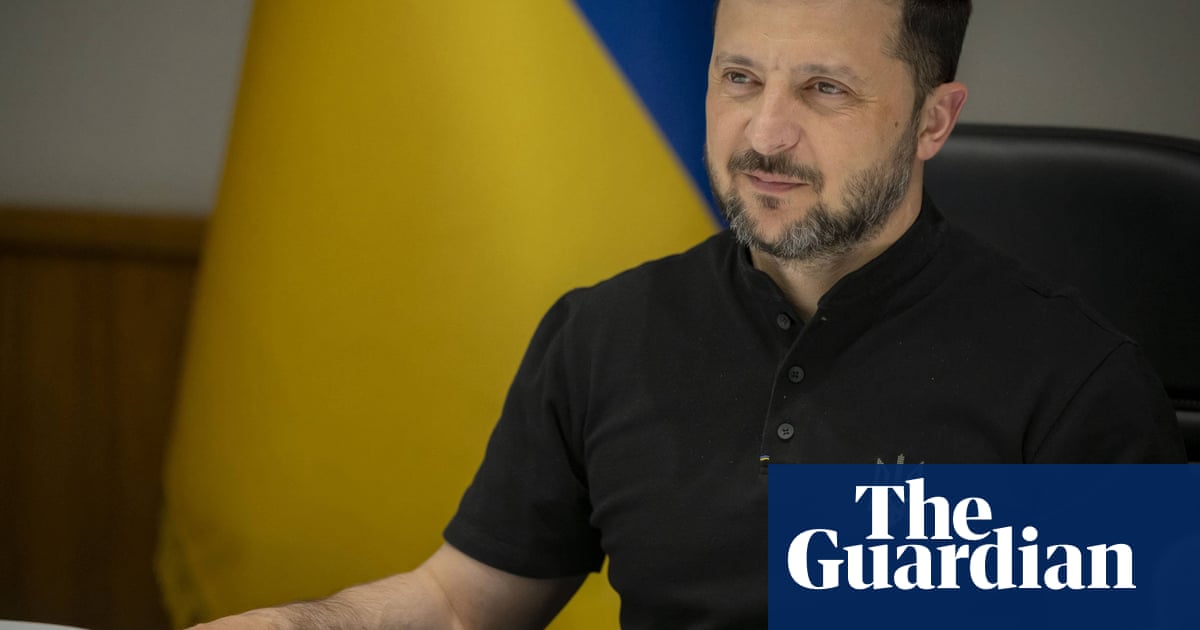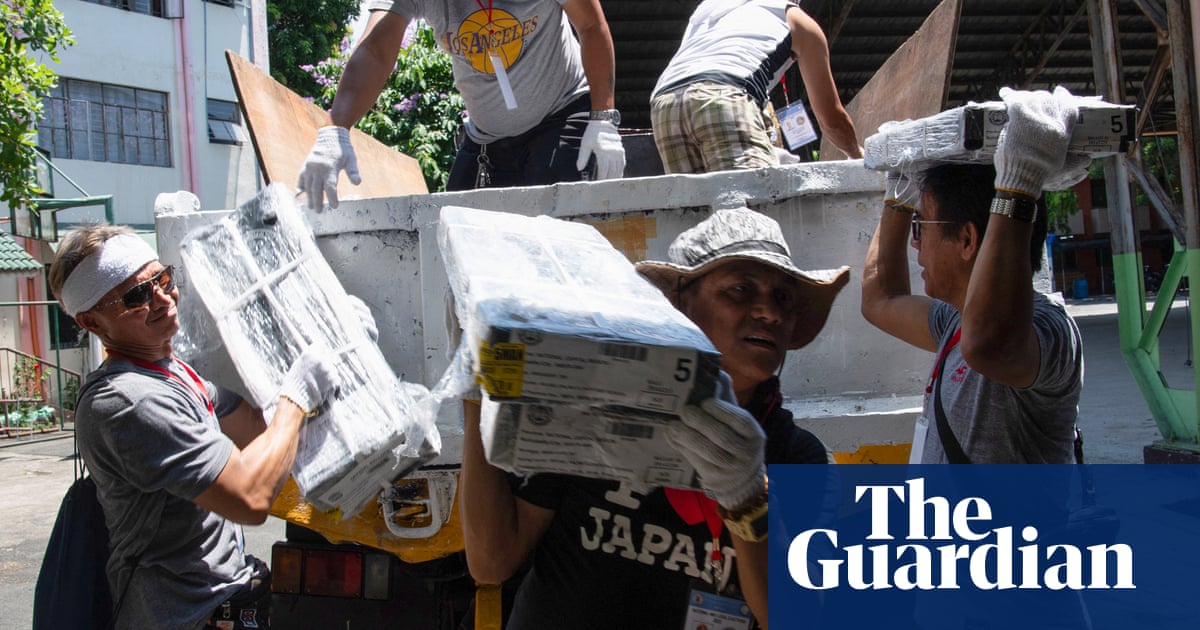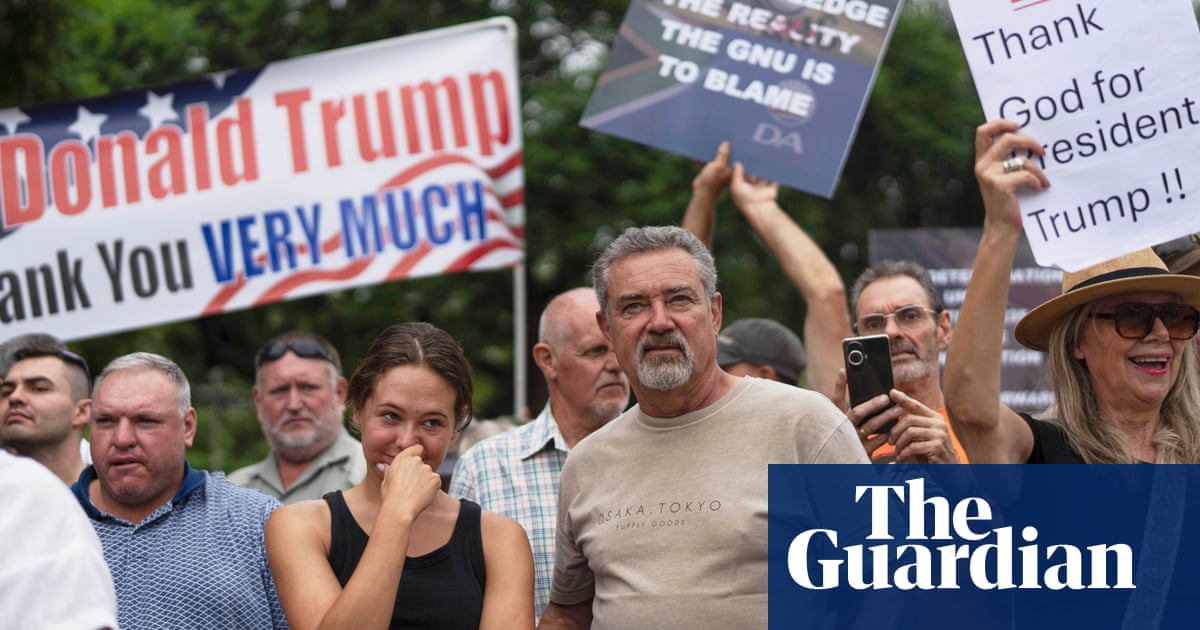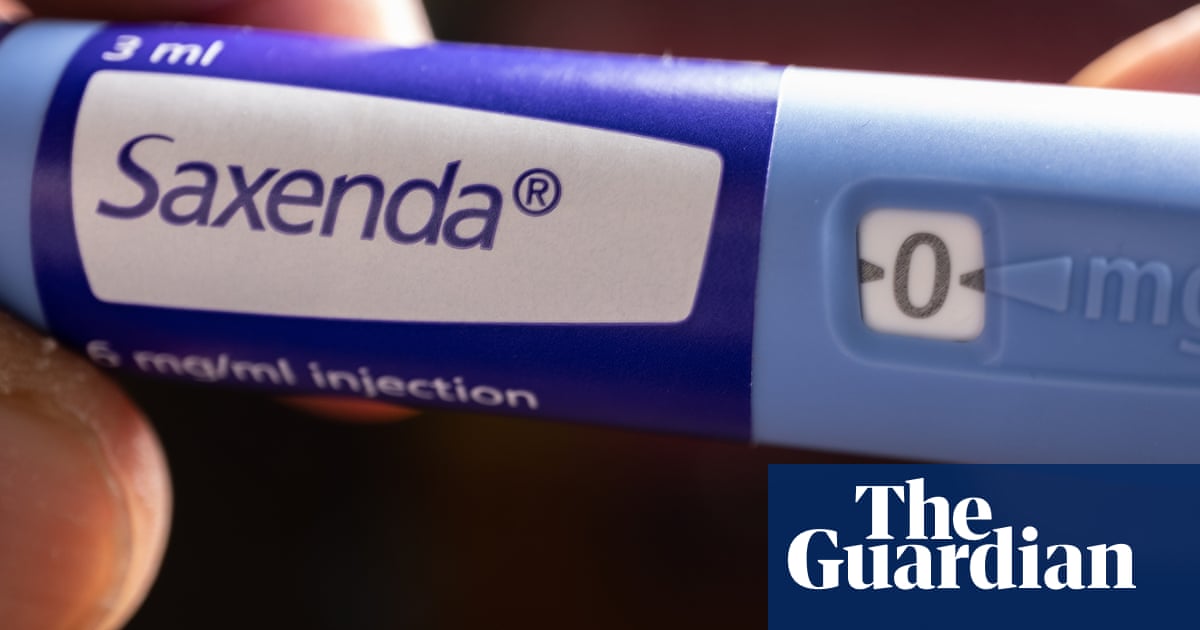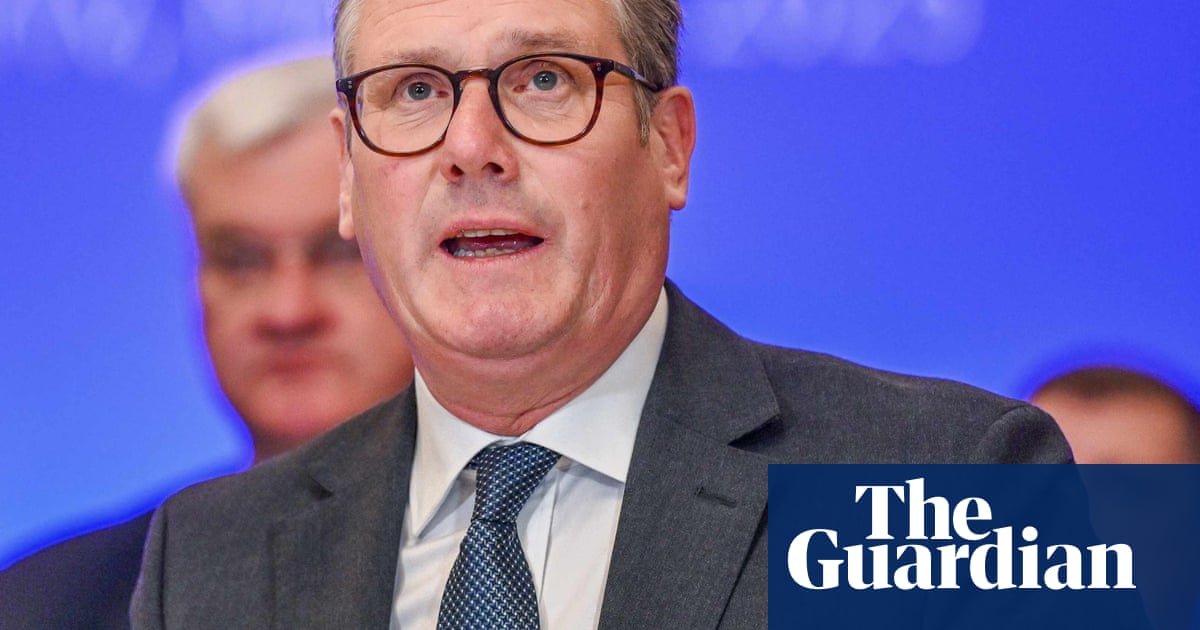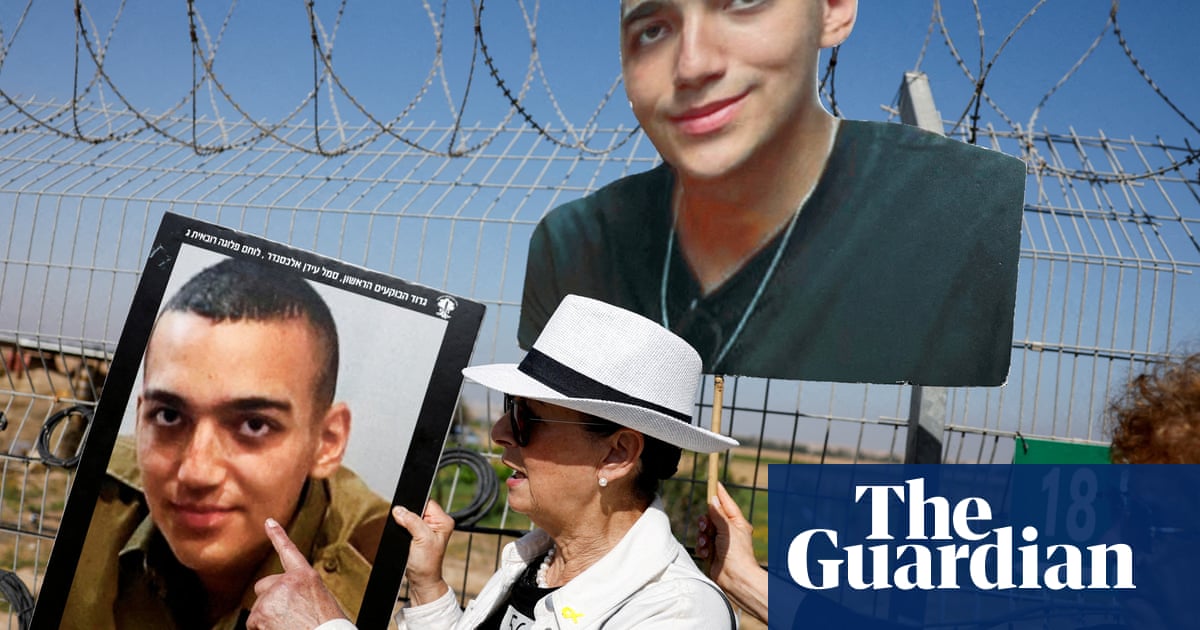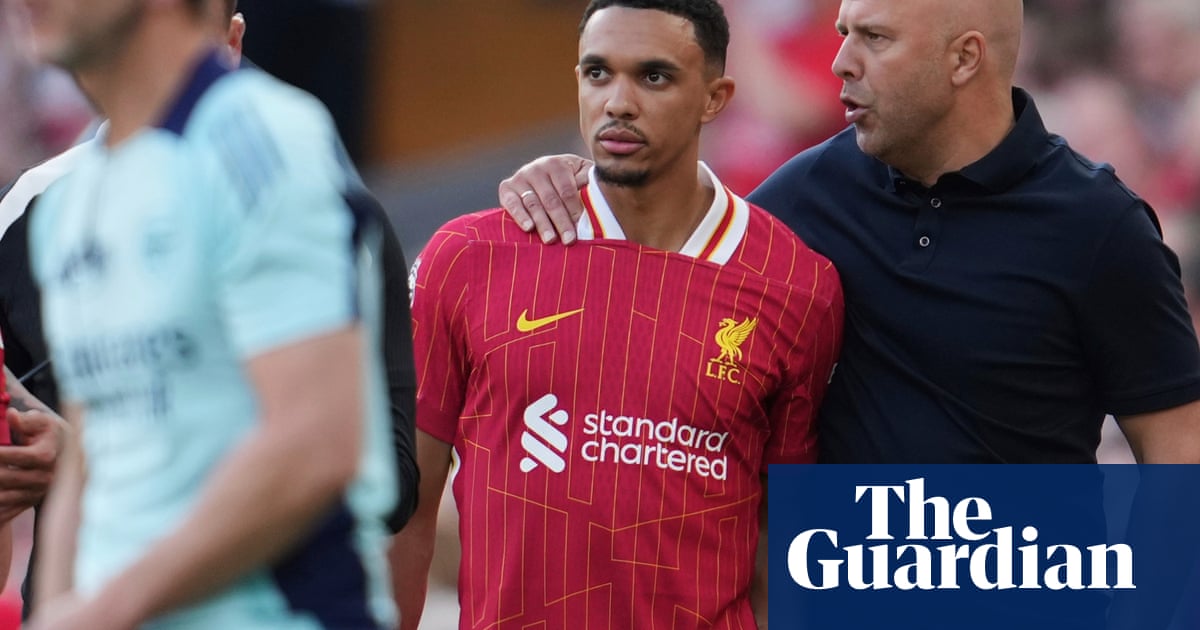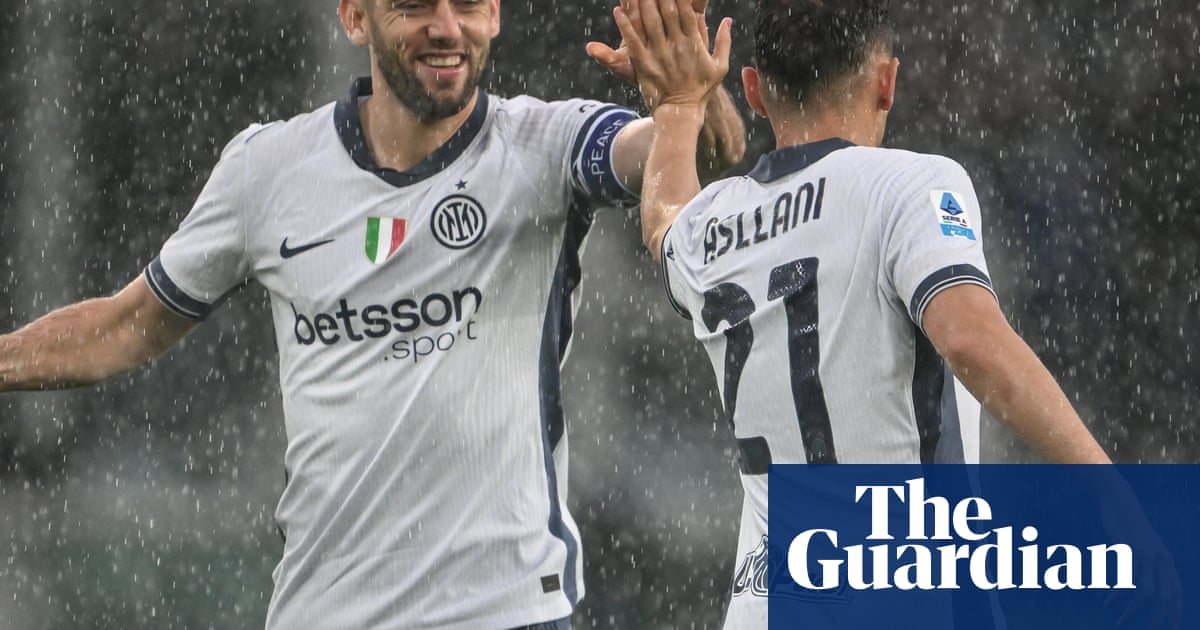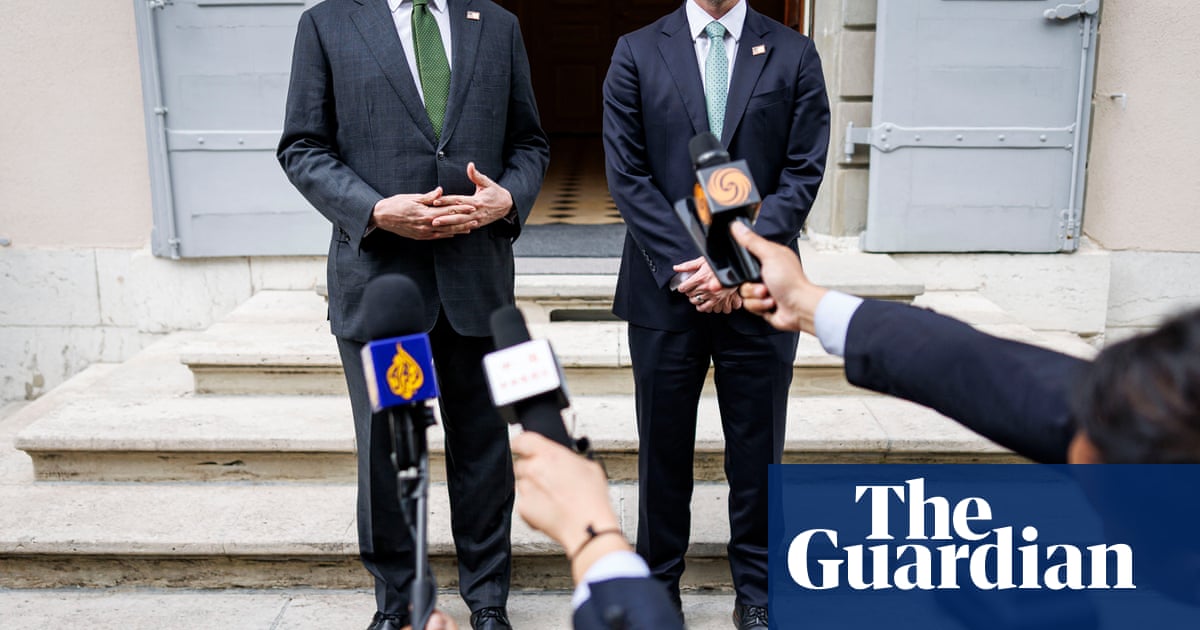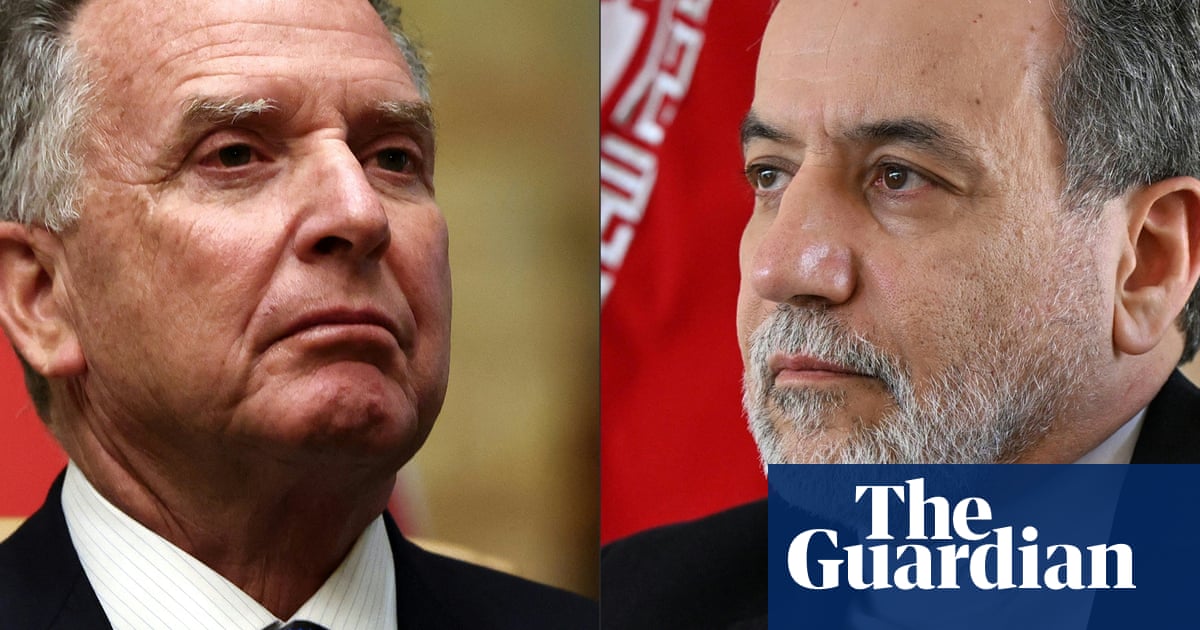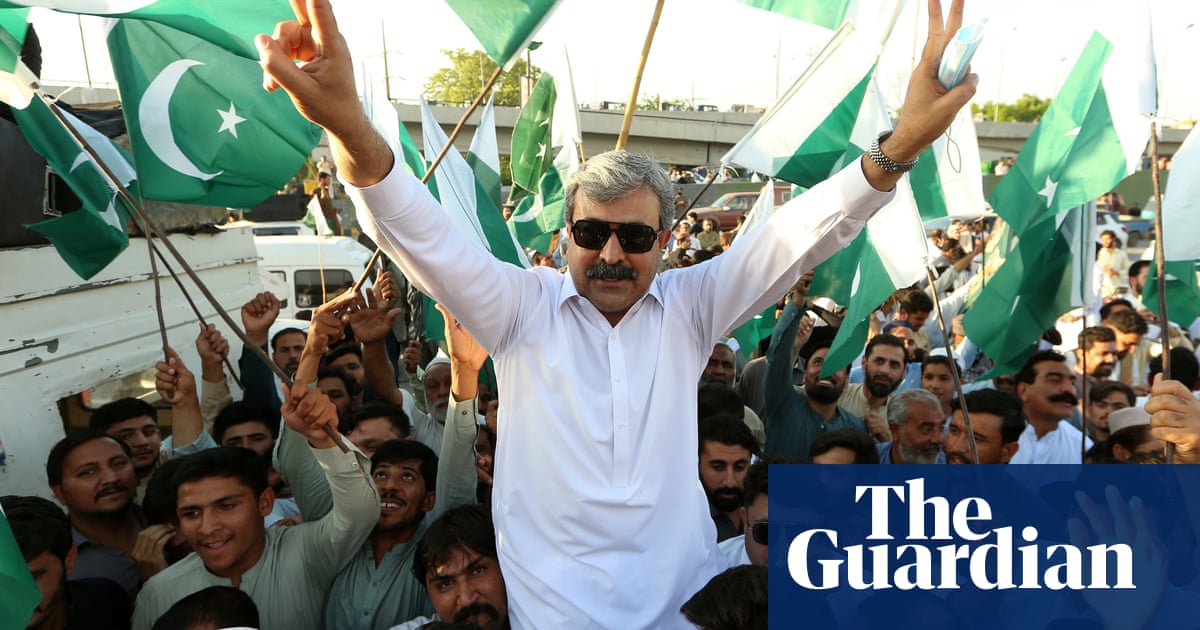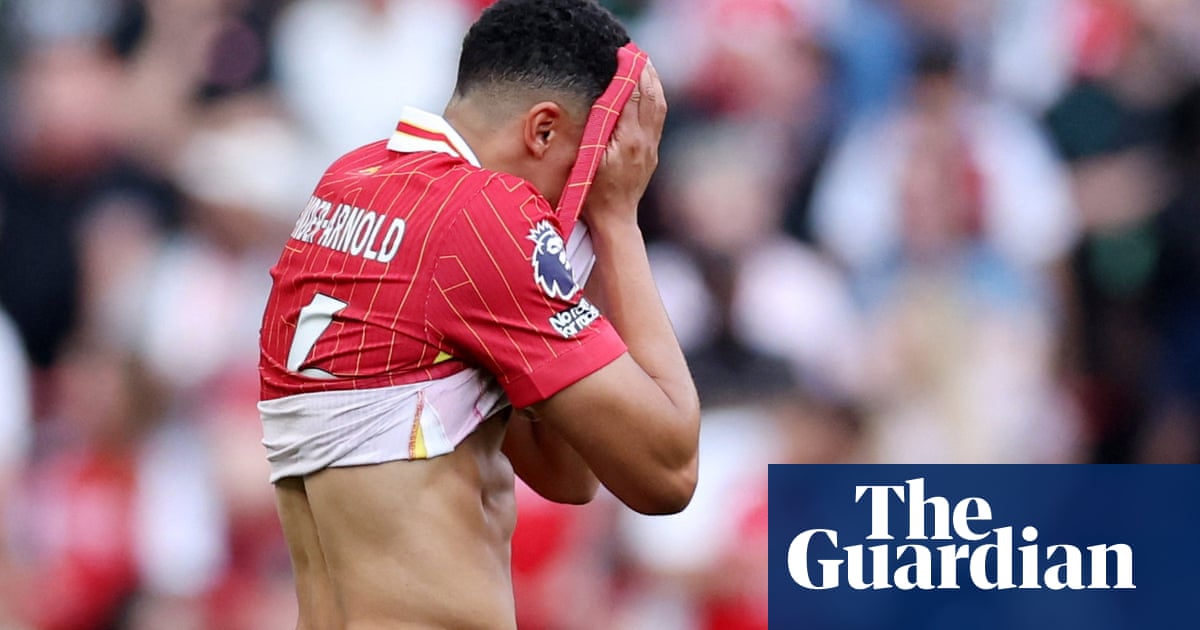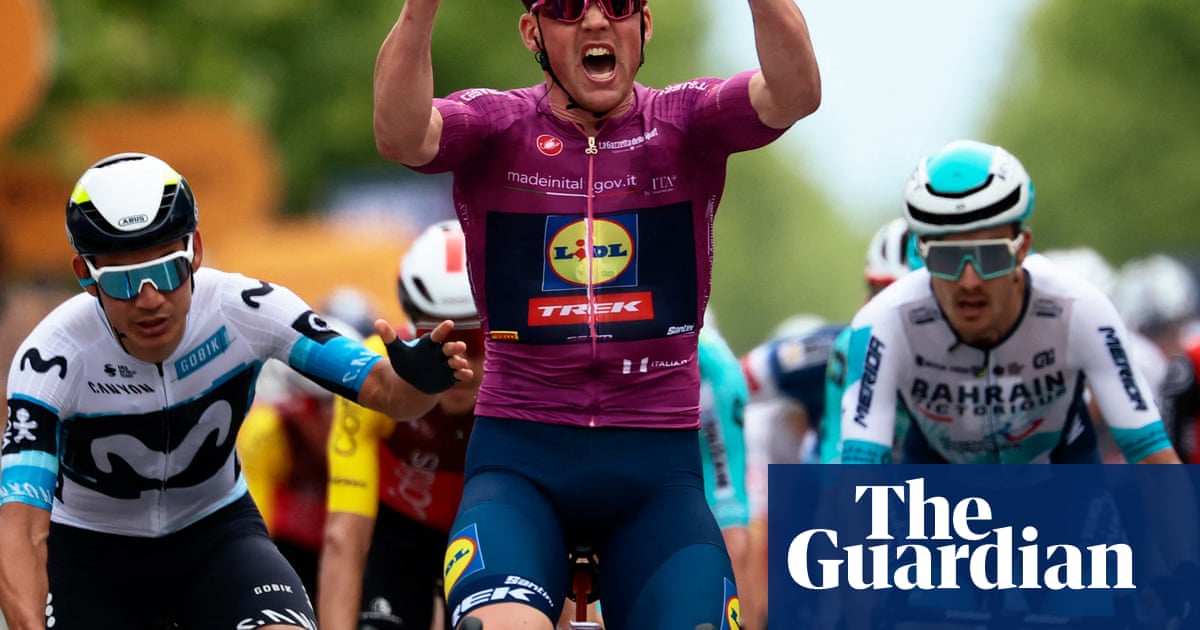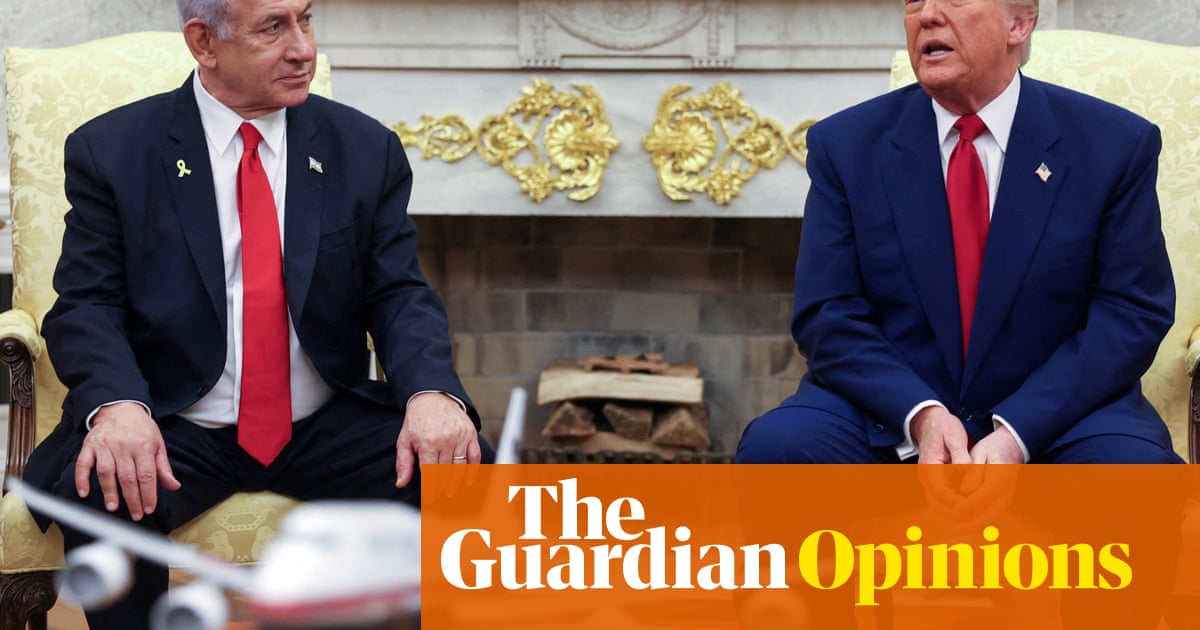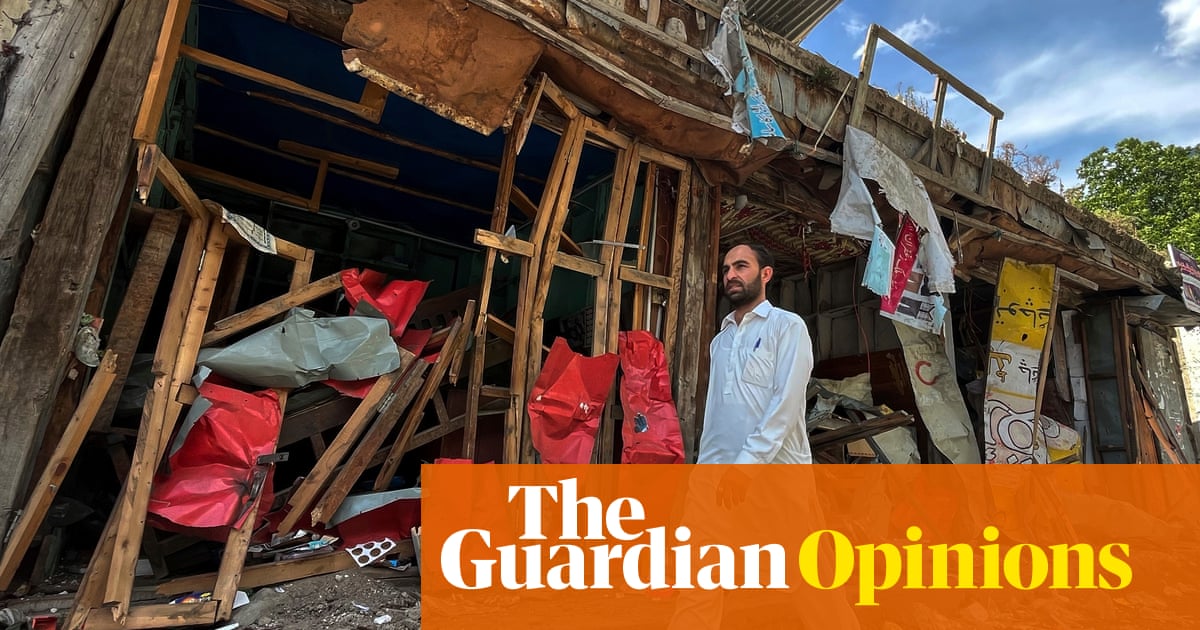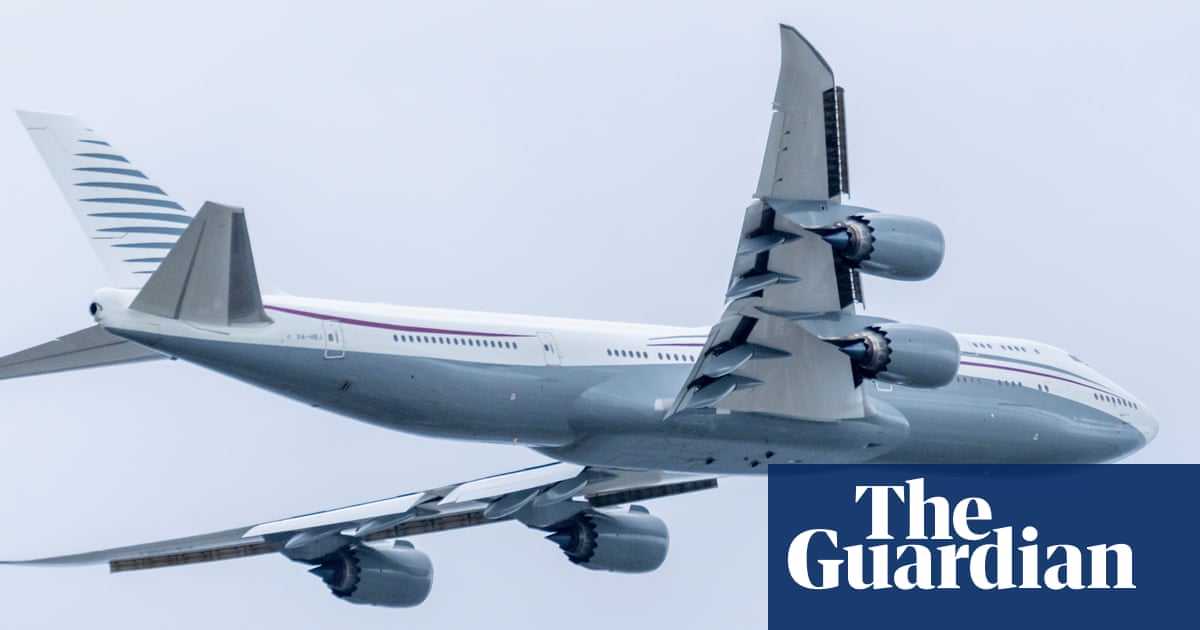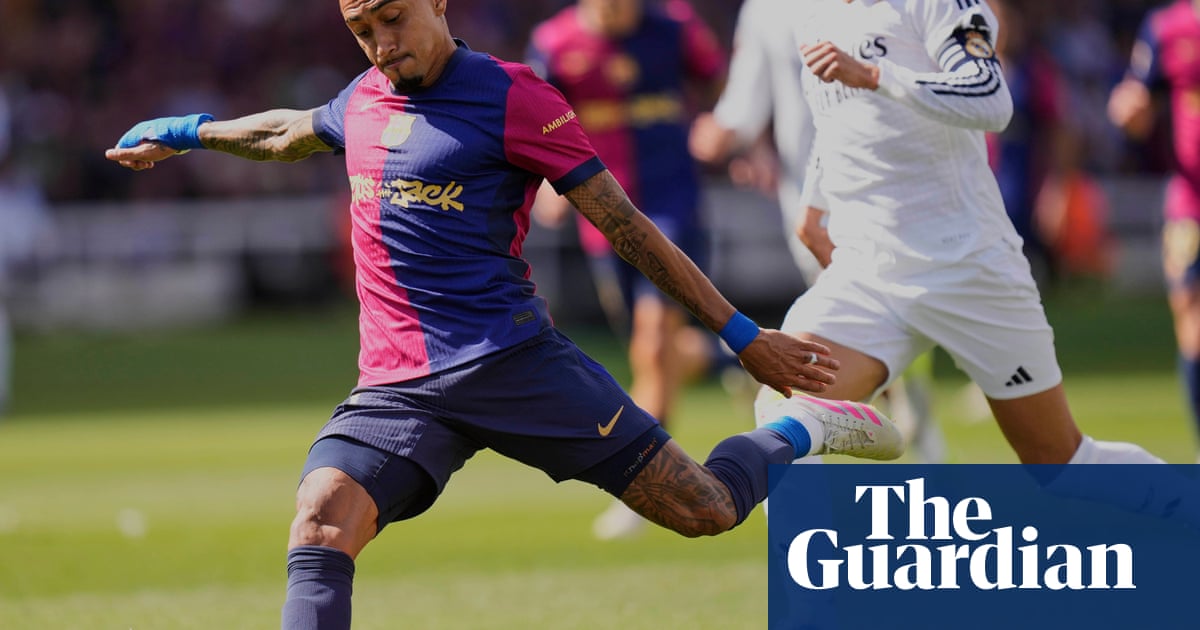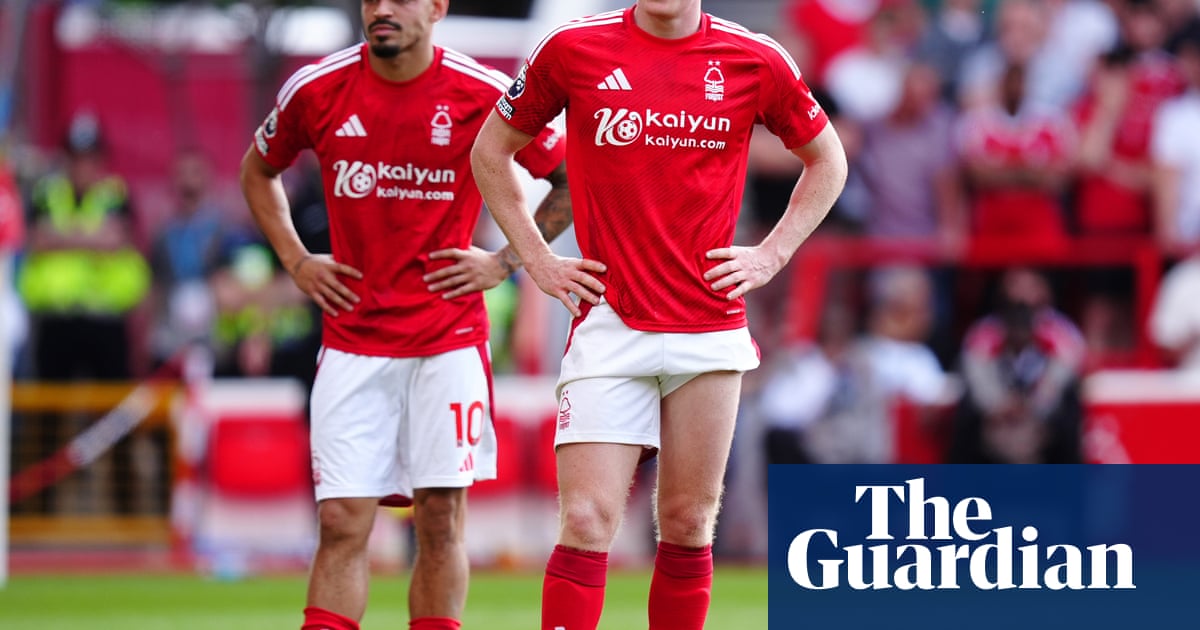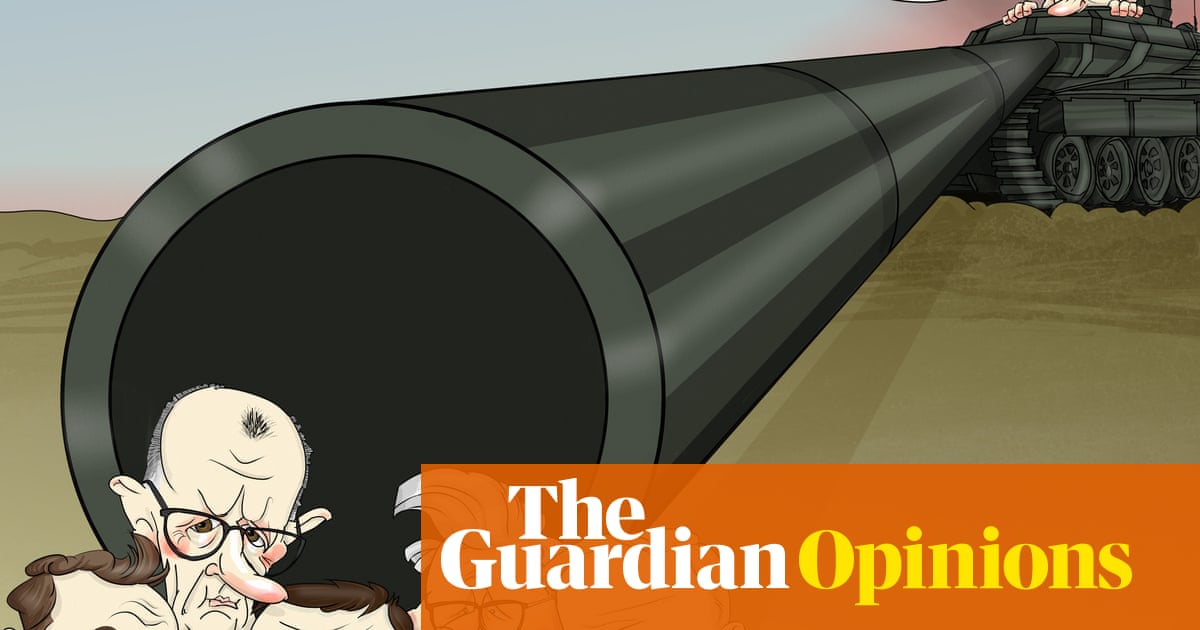Ukraine is open to direct talks with Russia later this week but only if Moscow signs up to an unconditional ceasefire first, Volodymyr Zelenskyy has said, responding to Vladimir Putin’s overnight suggestion of negotiations in Turkey.
“There is no point in continuing the killing even for a single day. We expect Russia to confirm a ceasefire – full, lasting and reliable – starting tomorrow, May 12, and Ukraine is ready to meet,” Ukraine’s president said in a post on X on Sunday morning.
His chief of staff, Andriy Yermak, was clearer in a Telegram post, in response to Putin’s suggestion that Ukrainian and Russian delegations should meet this Thursday in Istanbul: “First a 30-day ceasefire, then everything else.”
The demand for a 30-day ceasefire was set out on Saturday during a four-way visit to Kyiv by the leaders of Britain, France, Germany and Poland, who together with Zelenskyy made a phone call to the US president, Donald Trump, before holding a joint press conference.
If Putin rejected the offer, said the British prime minister, Keir Starmer, “we will respond, working with President Trump, with all our partners, we will ramp up sanctions, and increase our military aid for Ukraine’s defence to pressure Russia back to the table”.
The Russian president’s response to the ultimatum came in the unusual form of a statement read out to journalists in a ceremonial Kremlin room close to 2am local time (midnight BST). He accused Ukraine of breaking previous ceasefires, but said that “despite this” he was suggesting the two parties meet for talks, which he said could take place in Istanbul this Thursday. “We are ready for serious talks with Ukraine, and we want to solve the root causes of the conflict,” said Putin.
His tone appeared carefully calibrated to reject Europe’s demands but also make Moscow appear to be playing constructively in the eyes of the Trump administration, which has tended to be much softer on Moscow than on Kyiv until recent days. Putin made a point of thanking the new administration for its efforts to solve the conflict.
Trump’s initial response, posted on the Truth Social network a few hours later, suggested this tactic may have worked. The US president wrote: “A potentially great day for Russia and Ukraine! Think of the hundreds of thousands of lives that will be saved as this never ending ‘bloodbath’ hopefully comes to an end. It will be a whole new, and much better, WORLD.”
The French president, Emmanuel Macron, however, took a different line, writing on X on Sunday morning that no talks would be possible until Putin agreed to the ceasefire.
“President Zelensky committed without setting any condition. We now expect an equally clear response from Russia. There can be no negotiations while weapons are speaking. There can be no dialogue if, at the same time, civilians are being bombed,” he wrote.
The flurry of back-and-forth offers and ultimatums suggests fast-moving diplomacy around the conflict, but behind the rhetoric it is not clear how much of the fundamental positions of the two sides have changed.
Ukraine and its European allies are demanding a full ceasefire, after which negotiations would then start on a comprehensive settlement including a European “reassurance force” inside Ukraine.
Putin, on the other hand, has little interest in an unconditional ceasefire, and instead wants to keep fighting to increase the pressure on Ukraine to sign up to a number of Moscow’s core demands, which have changed little since the start of the war. As well as territorial claims to the regions it occupies, Moscow is expected to demand guarantees over Ukraine’s future political and military decisions. The Kremlin has already made it clear it would not accept western troops stationed in Ukraine.
Much of what happens now may depend on what position Trump takes, and whether the European leaders who visited Kyiv on Saturday are able to persuade him of their view that direct negotiations while fighting is continuing are unlikely to be advantageous to Ukraine.
In the hours after Putin’s address, Russia launched more than 100 drones at Ukraine, as a three-day ceasefire unilaterally declared by Putin came to an end.
The ceasefire was pegged to the 80th anniversary of victory in the second world war, for which Putin presided over a military parade in Moscow on Friday with guests that included the leaders of China and Brazil. Kyiv rejected that ceasefire, saying it was a cynical attempt to avoid attacks on Russia during the set-piece parade, while Moscow continues to reject calls for a longer-term ceasefire.

 18 hours ago
8
18 hours ago
8
